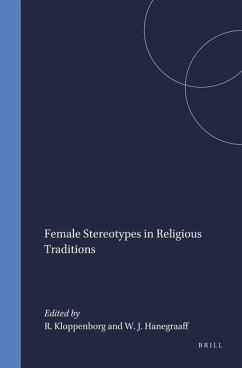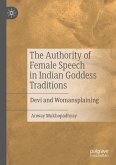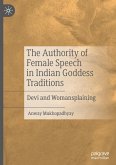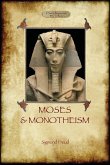This volume contains a collection of studies describing and analyzing stereotypes of women in the religions of Ancient Israel and Mesopotamia, and in Zoroastrianism, Judaism, Medieval Christianity, Islam, Indian Sufism, Hinduism, Buddhism, Tibetan religions, and modern Neopaganism. In all these traditions the stereotypes are based on generalizations, which are socially, culturally, or religiously legitimized, and which seem to have a lasting influence on society's conceptions of women. They represent oversimplified opinions, which are however regularly challenged by the women who are affected by them. In all traditions the stereotypes are ambiguous, either because women have challenged their validity, or because historical developments in society have reshaped them. They influence public opinion by emphasizing dominant views, as a strategy to restrain women and to keep them controlled by the rules and morals of male-dominated society.
Hinweis: Dieser Artikel kann nur an eine deutsche Lieferadresse ausgeliefert werden.
Hinweis: Dieser Artikel kann nur an eine deutsche Lieferadresse ausgeliefert werden.








